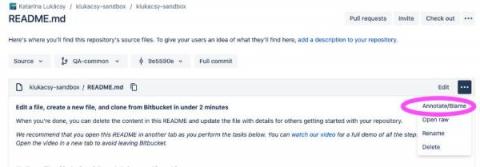Without automated workflows, your team is missing out on efficiency improvements
Every team has a workflow, even if it’s chaotic or lacks consistency. It’s a no-brainer, though, that in the fast-paced world of software development, a clear and well-defined path to guide your work is essential to move efficiently. Workflows provide just that — the structure and framework that developers need to streamline their processes, collaborate effectively, and optimize productivity.











